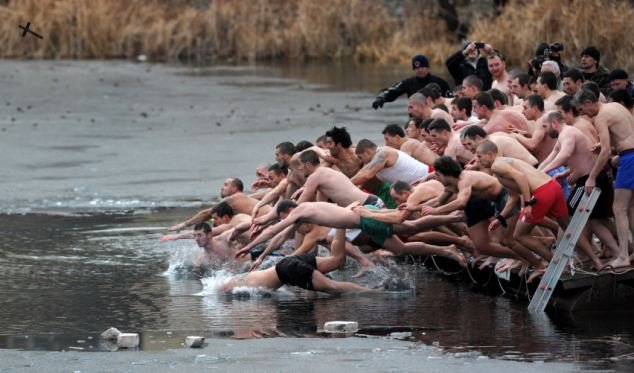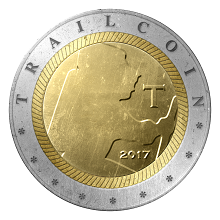#9 How To Learn Russian - Noun Cases. Taking the plunge.
Dear Steemians. This is the ninth in a series I'm posting to support Golos and expand the Steemit system. I'm a Russophile and I'm tremendously excited about the changes Russia is experiencing.
I hope you enjoy it:
Ok we've had some lighthearted posts. Now a gentle reintroduction to some grammar.
For an English speaker the hardest part of Russian Grammar is noun cases.
Let's first identify them.
You've seen in earlier lessons how some nouns change their endings depending on their position in the sentence. This can occur in English, though it is very rare. However in Russian it forms a fundamental pillar of their grammar.
So let's dive in!

Noun cases are not uncommon. Many languages, including Latin, Greek (ancient and modern) Arabic and even German make extensive use of them.
Here is an example in English.
Look at these two sentences:
He goes to the baker to buy bread.
The baker passes the bread to him.
Both these sentences are talking about a man, yet they use a different pronoun to describe the him. These are tow examples of different noun cases.
Russian uses six separate noun cases. In this lesson we shall look at the two easiest.
The Nominative and the Accusative.
Look at these sentences:
He drinks vodka.
он пьет водку.
Vodka makes him ill.
водка делает его больным
Now look closely at the words for vodka (водку/водка) and the words for he/him (он/его)
In the first sentence he is in the Nominative and vodka is in the Accusative. In the second sentence this is reversed.
For simplicity:
The Nominative denotes the subject of the sentence - the dominant thing doing the action.
The Accusative denotes the object of the sentence - the thing having something done to it.
HE drinks the vodka.
THE VODKA makes him ill.
Do you see how, in each case, the noun which has been capitalised (the Nominative) controls the sentence? This noun is doing something to another thing in the sentence.
If we reverse this and put the Accusative in capitals....
He drinks the VODKA
The vodka makes HIM ill.
In each case here, the capitalised thing is passively having something done to it.And that is how noun cases work...
That wasn't that hard was it?
Now go and warm up.

Hello @nikflossus,
Congratulations! Your post has been chosen by the communities of SteemTrail as one of our top picks today.
Also, as a selection for being a top pick today, you have been awarded a TRAIL token for your participation on our innovative platform...STEEM.
Please visit SteemTrail to get instructions on how to claim your TRAIL token today.
If you wish to not receive comments from SteemTrail, please reply with "Stop" to opt out.
Happy TRAIL!

Very easy to understand and not too much info. excellent!
My pleasure!
спасибо!
Glad you liked it. Are you learning Russian for Golos?
For me, for Golos... I'm trying..! but my studies are very erratic.
diving for the cross ? :D aaand casual swim :)
Russian is nice, learned it long time ago... and all I remember is:
вставайтě дружно каждый раз кагда учитěл вчодиť в клас
отвěйиť чочеш нěшуми и толко руку подними
... and even that I wrote плочо, я думаю :-)